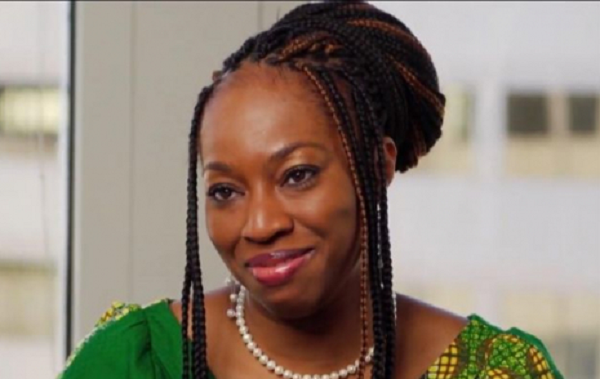Obianuju Ekeocha has become a prominent voice out of Africa calling on the world to recognize the value of every human life.
Speaking Oct. 23 at Georgetown University, Ekeocha advocated for a culture that respects every human life from the moment of conception to natural death, according to the Catholic Standard.
“The African people have a culture of life,” she said. “The recognition of human life from the womb to the tomb is a common thread that runs through many tribes and towns of Africa.”
She told people attending the Georgetown Lives Worthy of Respect event that her village in Nigeria celebrates every new baby’s life “with joy.” She said they have a special call for the birth of a baby, and they sing and dance to celebrate the child’s entrance into the world.
“As a society, we love and welcome babies,” Ekeocha said. “Amidst our different difficulties and afflictions…our babies are always a firm sign of hope.”
Her important work has helped to expose how the western world pushes abortion on Africans. She said impoverished Africans want clean water, food, shelter and basic health care and education, but some programs push birth control and abortion instead.
“It is easier and cheaper to buy a bag of condoms than buy a bottle of water,” Ekeocha said.
According to the report:
Even though the era of colonialism is over, she said recently there has been a “return of western footprints in Africa,” in the form of powerful non-governmental organizations (NGOs) that are promoting “population programs” to give access to abortion and contraception.
Follow LifeNews.com on Instagram for pro-life pictures and the latest pro-life news.
“We are looking upon our child – one baby – not as an increase in population, but as a valuable member of our community of love,” she said, adding that donors spend so much money in order to “buy us streets devoid of the chatter of children.”
African people are concerned about the unmet demands of the continent, such as the need for affordable food, clean water, health care and education, she said, recalling how “some of those were my very own concerns” while she was growing up. She expressed gratitude for those people who had participated in mission trips and projects that genuinely helped fill those needs, but said, “This is not the common approach taken by the wealthiest and most prominent donors.”
According to data from 2013, she said population programs receive more donated funds than education, health care, or clean water. African countries receive about two billion donated condoms every year, which costs about $17 million, which could be going to solve these other problems, she said.
Ekeocha, the founder of Culture of Life Africa and an adviser to African leaders on pro-life issues, said western-backed lobbyists are pressuring African leaders to legalize abortion on demand, too.
“Abortion is a direct attack on human life and human dignity,” she said. “This is why Africa rejects it.”
She concluded by urging pro-life advocates across the world to continue the fight for the most vulnerable around them.
“Laws come and go, but universal truths remain,” she said. “From Nairobi to New York…from Africa to America, human life begins at conception. Every life deserves protection. Every single life is a life worthy of respect.”








